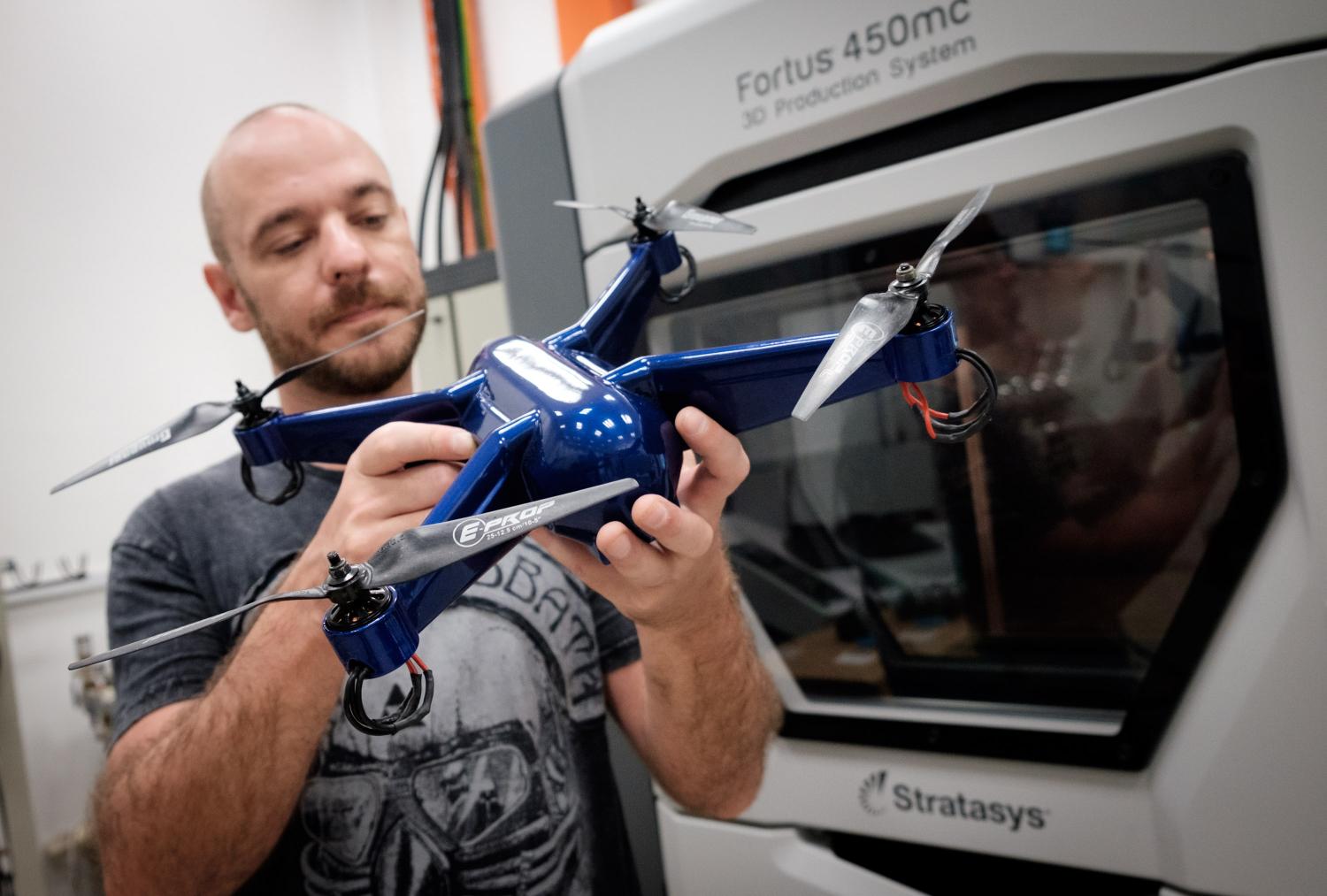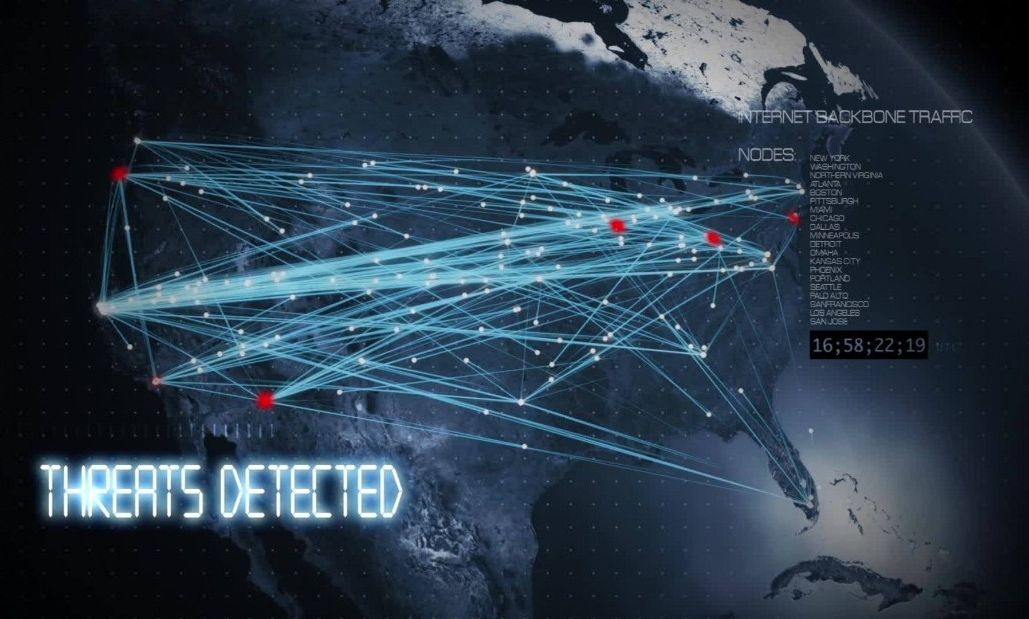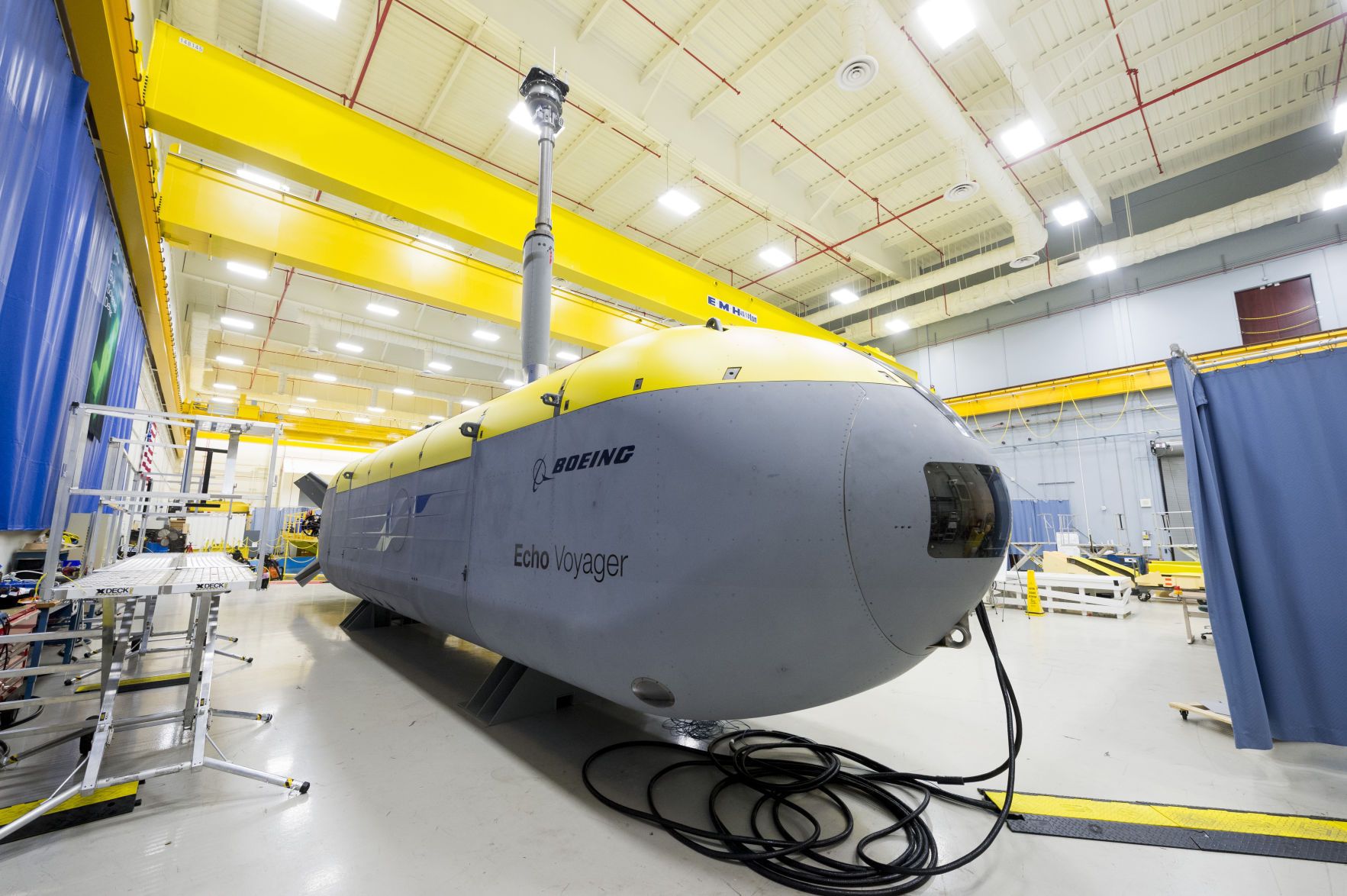The US Army Research Laboratory (ARL) are at an advanced stage of with their synthetic biology research. The work could see bacteria being used to send signals and sense in a way similar to computers, the advantage being that it could potentially provide a more intuitive sensory experience to a piece of tech, and bypass some of the pitfalls unique to electrical structures. The research also has application for new 3D printing materials.
Category: military – Page 283
Neuroscience Is a Tool of War
What could once only be imagined in science fiction is now increasingly coming to fruition: Drones can be flown by human brains’ thoughts. Pharmaceuticals can help soldiers forget traumatic experiences or produce feelings of trust to encourage confession in interrogation. DARPA-funded research is working on everything from implanting brain chips to “neural dust” in an effort to alleviate the effects of traumatic experience in war. Invisible microwave beams produced by military contractors and tested on U.S. prisoners can produce the sensation of burning at a distance.
What all these techniques and technologies have in common is that they’re recent neuroscientific breakthroughs propelled by military research within a broader context of rapid neuroscientific development, driven by massive government-funded projects in both America and the European Union. Even while much about the brain remains mysterious, this research has contributed to the rapid and startling development of neuroscientific technology.
And while we might marvel at these developments, it is also undeniably true that this state of affairs raises significant ethical questions. What is the proper role – if any – of neuroscience in national defense or war efforts? My research addresses these questions in the broader context of looking at how international relations, and specifically warfare, are shaped by scientific and medical expertise and technology.

ULTEM 3D printed drone with embedded electronics
Nanyang Technological University (NTU) researchers in Singapore have embedded electronics into a 3D printed drone. Using Stratasys’ 3D printers and the advanced ULTEM 9085 material Phillip Keane produced the device as part of the Singapore Center for 3D Printing (SC3DP) at NTU. The quadcopter, it has four propellers, with its impressive construction and embedded electronics is impressive, but still has some way to go to catch up with TERN, DARPA’s military drone currently under development.

US military readies for next frontier: Space war
Since man first explored space, it has been a largely peaceful environment. But now US adversaries are deploying weapons beyond Earth’s atmosphere, leading the US military to prepare for the frightening prospect of war in space.
“As humans go out there, there has always been conflict. Conflict in the Wild West as we move in the West … conflict twice in Europe for its horrible world wars,” Gen. John Hyten, head of US Strategic Command, told CNN. “So, every time humans actually physically move into that, there’s conflict, and in that case, we’ll have to be prepared for that.”


The new frontier for drone warfare: Under the oceans
As unmanned aerial drones have become a critical part of modern warfare, the Pentagon is now looking to deploy autonomous robots underwater, patrolling the sea floor on what one top Navy official called an “Eisenhower highway network,” complete with rest stops where the drones could recharge.
Although still in the development stages, the technology has matured in recent years to be able to overcome the vast difficulties of operating underwater, a far more harsh environment than what aerial drones face in the sky.
Saltwater corrodes metal. Water pressure can be crushing at great depths. And communication is severely limited, so the vehicles must be able to navigate on their own without being remotely piloted.

Genetic engineering: Who cleans up the mess?
WASHINGTON – Scientists believe genetic engineering experiments have the potential to wipe out malaria and other illnesses that kill millions of people every year.
But they also acknowledge they could have unintended consequences that could be catastrophic.
So, over the next four years, the Pentagon’s Defense Advanced Research Projects Agency, dubbed DARPA, plans to develop a cleanup crew for engineered genes deemed harmful to the eco-system.

Cybersecurity companies adopting AI, but so are hackers
TOKYO — Leading information technology companies are rushing to create systems that use artificial intelligence to defend against cyberattacks. The goal is to commercialize AI software to detect even ingeniously designed attacks, identify the perpetrators, and quickly mount a defense.
However, research is also taking place in the U.S. and elsewhere on ways to harness AI for cyberwarfare, and the trend suggests there will come a time when the battles in cyberspace pit AI against AI, leaving humans sidelined.
Fujitsu Laboratories, the R&D unit of Japanese IT giant Fujitsu, has begun to develop an AI system to protect corporate information systems from cyberattack. The system would learn to recognize regular patterns of network activity so deviant behavior stands out. The company aims to have a commercial product ready in two to three years that could uncover and respond to attacks even from hackers who intentionally space out their login attempts so they are difficult to discover.

The Future of Extremism: Artificial Intelligence and Synthetic Biology Will Transform Terrorism
There weren’t many people who had heard of bioterrorism before 9/11. But shortly after the September 11th terrorist attacks, a wave of anthrax mailings diverted the attention of the public towards a new weapon in the arsenal of terrorists—bioterrorism. A US federal prosecutor found that an army biological researcher was responsible for mailing the anthrax-laced letters, which killed 5 and sickened 15 people in 2001. The cases generated huge media attention, and the fear of a new kind of terrorist warfare was arising.
However, as with every media hype, the one about bioterrorism disappeared quickly.
But looking toward the future, I believe that we may not be paying as much attention to it as we should. Although it may be scary, we have to prepare ourselves for the worst. It is the only way we can be prepared to mitigate the damages of any harmful abuses if (and when) they arise.

Russian Researchers Learn How to 3D Print Bullets
A collaboration between Russia’s Foundation for Advanced Research Projects and the Central Scientific – Research Institute for Precision Machine Engineering known as TSNIITOCHMASH has produced 3D printed bullets.
The Foundation formed in 2012 serves as an advanced research facility for military projects, an equivalent of the American DARPA. The project, conducted by the Foundation’s Laboratory of Additive Technologies and Design materials used selective laser melting technology to create an experimental batch of bullets. This same batch of bullets was then successfully fired.
According to the head of the laboratory, Doctor of Physical and Mathematical Sciences, Professor Vladimir Chuvildeeva, the current development team was formed more than ten years ago at the University of Nizhni Novgorod. The team has become specialized in developing laser alloying technology to develop complex physical models. Their end goal is being to develop equipment much more sophisticated for military purposes.